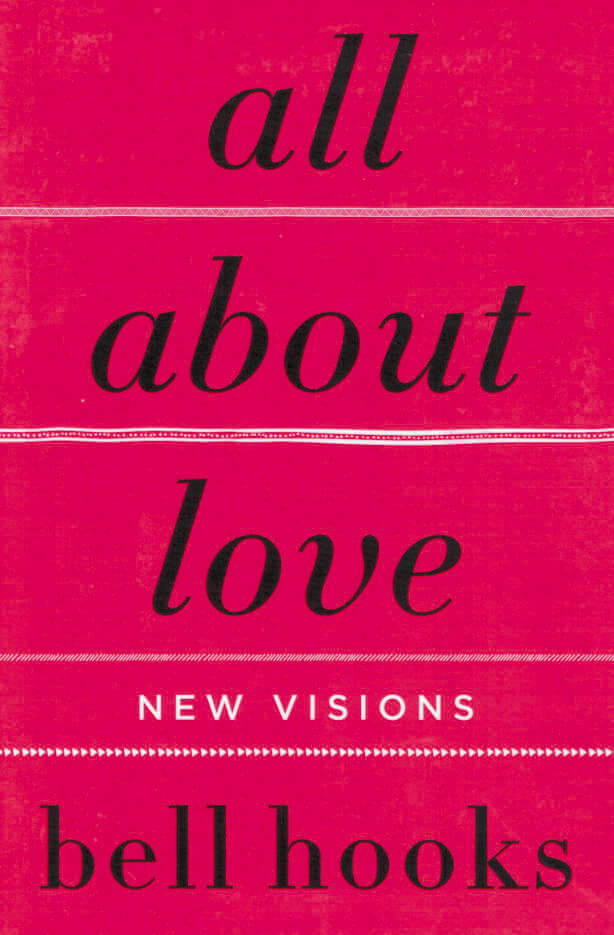
Art Monsters: Unruly Bodies in Feminist Art
A dazzlingly original reassessment of women's stories, bodies and art - and how we think about them.
For decades, feminist artists have confronted the problem of how to tell the truth about their experiences as bodies. Queer bodies, sick bodies, racialised bodies, female bodies, what is their language, what are the materials we need to transcribe it?
Exploring the ways in which feminist artists have taken up this challenge, Art Monsters is a landmark intervention in how we think about art and the body, calling attention to a radical heritage of feminist work that not only reacts against patriarchy but redefines its own aesthetic aims.
Writing in the tradition of Susan Sontag, Hélène Cixous and Maggie Nelson, Lauren Elkin demonstrates her power as a cultural critic, weaving daring links between disparate artists and writers - from Julia Margaret Cameron's photography to Kara Walker's silhouettes, Vanessa Bell's portraits to Eva Hesse's rope sculptures, Carolee Schneemann's body art to Theresa Hak Kyung Cha's trilingual masterpiece DICTEE - and shows that their work offers a potent celebration of beauty and excess, sentiment and touch, the personal and the political.
'Destined to become a new classic' - Chris Kraus







